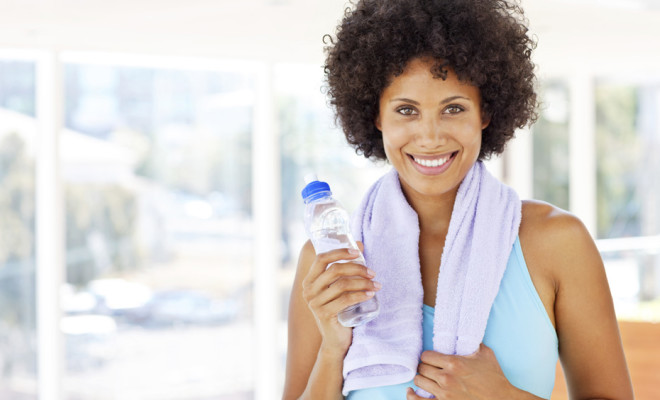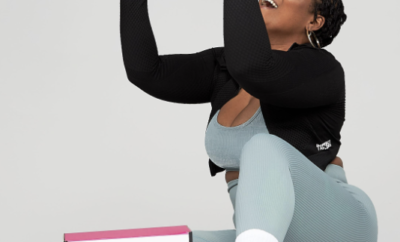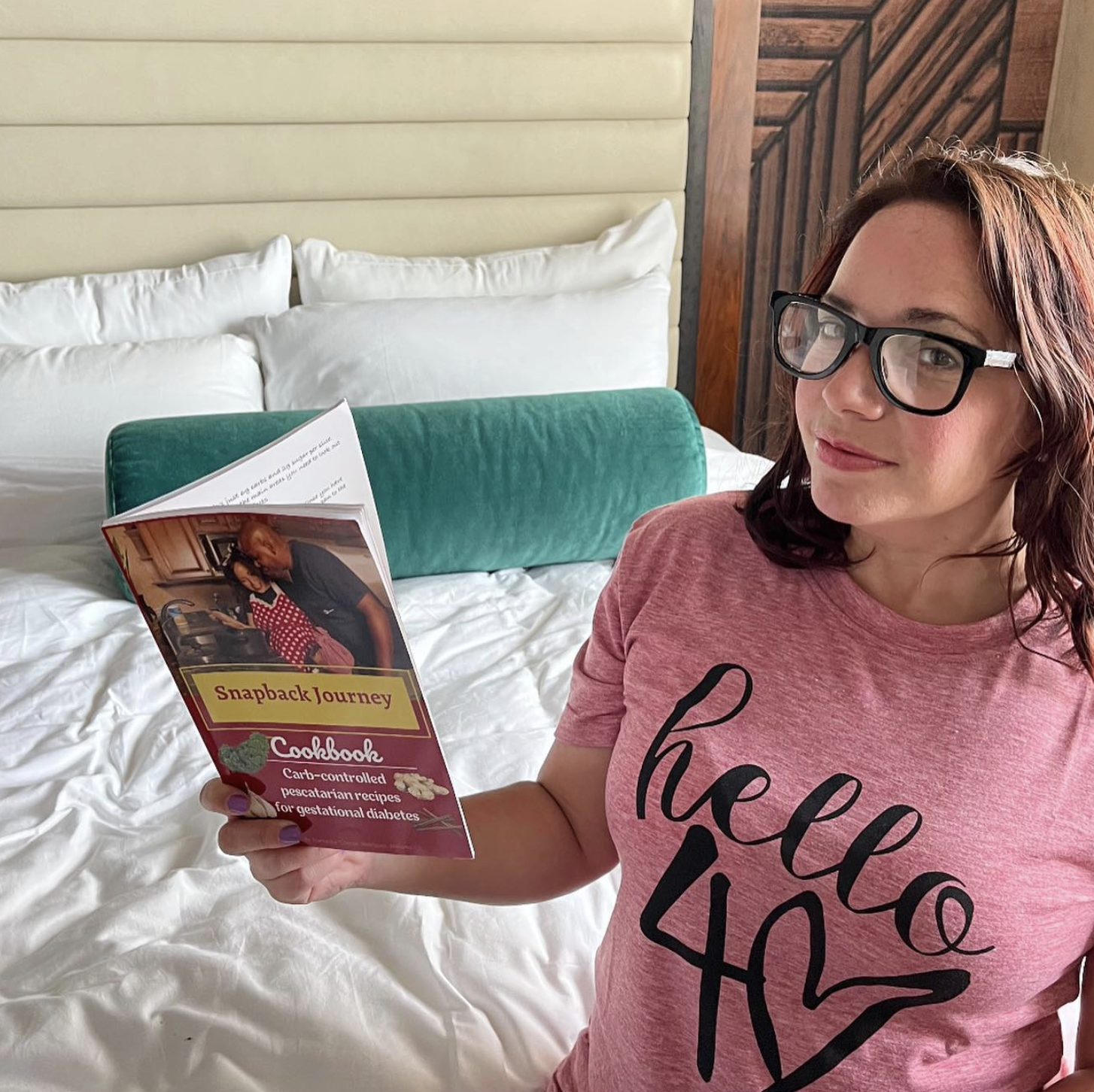
Ways to cool down after a workout
It is important to have a cool down switch after a workout. Especially if it involves cardio, or weight lifting. You have to know that every time you have an intense workout, you are using water from your body. This makes you less hydrated then before. It is best to take time before any workout, and do the proper stretches so that you can slowly bring your heart rate up, and loosen your muscles. The prompt time after your workout is vital to muscle and tissue repair, strength building and general recuperation. Here, a few tips you ought to do before, and after each workout.
Stretch
Stretching helps your muscles warm up so they’re more flexible and malleable. When you stretch, this keeps up circulation in key territories and speeds up the healing process for the muscles after any workout.
Hydrate
Make sure you body is hydrated with plenty of water. Your body sweats a lot after you exercise, and when you sweat, your dehydrating yourself. Drinking plenty of liquids saves you from feeling nauseous and lightheaded
Massage Muscles
Studies support that when you give your muscles a quick massage after a workout, they will be able to recover faster. It can reduce swelling, and muscle damage by 50%.
Nutrition
It is also important to have a pre-workout nutrition. Your pre workout meal is the meal that assumes the biggest part in supplying your body with all that it should guarantee ideal execution amid your workout. Carbohydrates play a big part throughout your workout. (You should eat a meal with plenty of carbohydrates)!
Foods with carbohydrates are:
Yogurt
Bananas
Breakfast Cereal
A standout amongst the most imperative elements of the post-exercise cool down is to avoid feeling dizzy. Strenuous exercise causes the veins in your legs to grow, bringing more blood into the legs and feet. It is bad for you to stop exercising all of a sudden without setting aside time to cool off, your heart rate moderates unexpectedly and that blood can pool in your lower body, bringing on the feeling of dizziness, and blacking out. The danger is more prominent for athletes, whose heart rates moderate down quicker and whose veins can hold more blood; for people who workout casually, something as basic as going for a walk may help with feeling dizzy.
It helps to cool down after a workout, it furnishes the body with a smooth move from activity back to an unfaltering condition of rest. It offers your heart some assistance with rating and breathing to return towards resting levels continuously; abstains from fainting or feeling dizzy. You’ll find that you benefit well from a cool-down!







